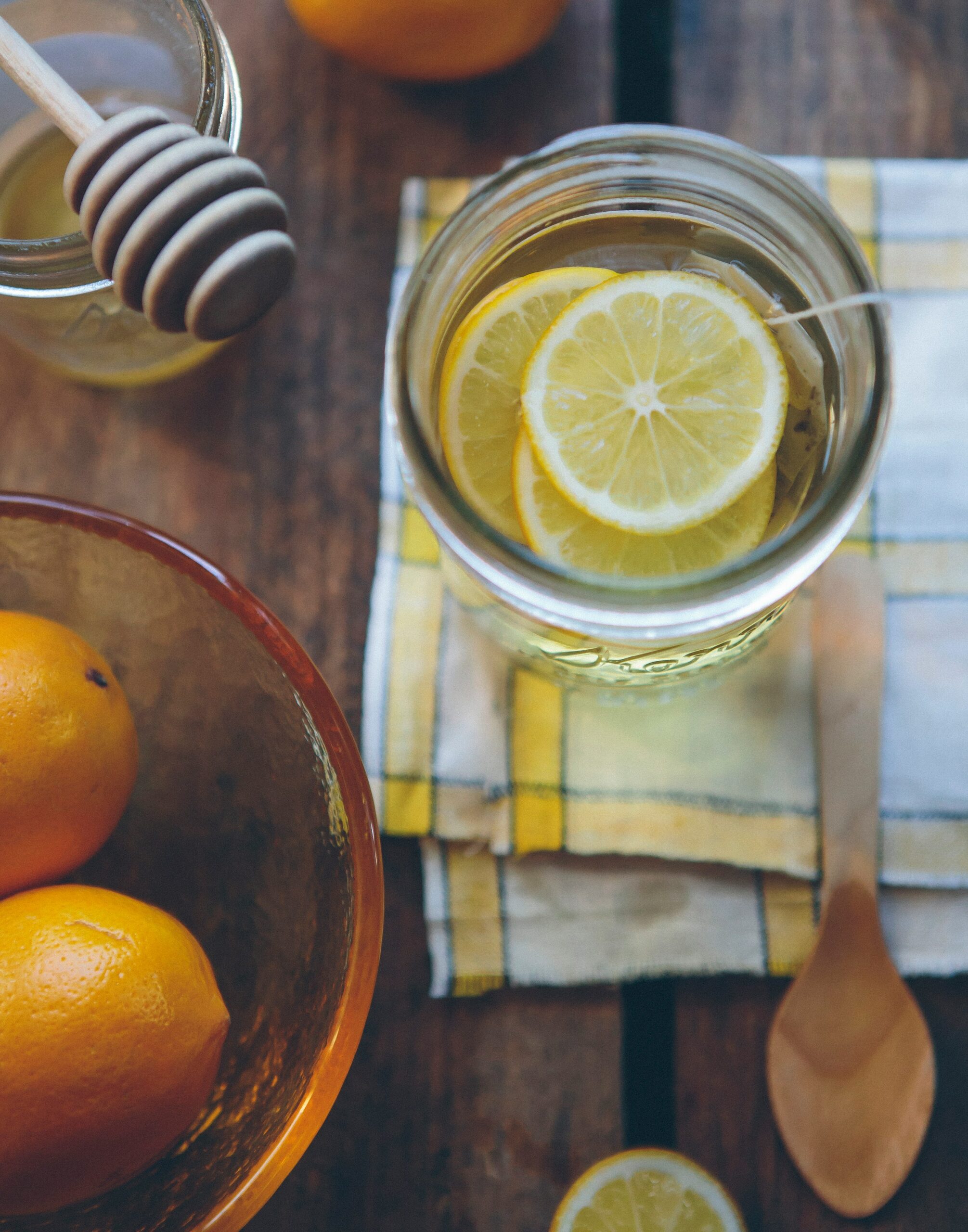

Introduction to Gut Health and its Importance
Gut health is more than just a trendy topic; it’s a cornerstone of overall wellness. Our digestive system plays a pivotal role in how we feel, both physically and mentally. A happy gut can lead to improved digestion, better nutrient absorption, and even enhanced mood. With the rise of science-backed studies highlighting the gut-brain connection, it’s clear that what we eat directly influences our mental state.
But what does it mean to have good gut health? And how can we maintain it through our diet? The answers lie in understanding the power of specific foods—those that nourish our bodies while simultaneously feeding the “good” bacteria residing in our intestines. This blog will explore essential dietary components that support your digestive system and contribute to your well-being. Let’s dive into this journey toward happier guts!
Probiotics: The Good Bacteria for Your Gut
Probiotics are often referred to as the good bacteria. They play a crucial role in maintaining gut health and supporting digestion. These live microorganisms can be found in various foods and supplements, working tirelessly to keep your digestive system running smoothly.
Fermented foods like yogurt, kefir, sauerkraut, and kimchi are rich sources of probiotics. Incorporating these into your diet not only enhances flavor but also boosts your gut flora. The diverse strains of beneficial bacteria contribute to better nutrient absorption and help combat harmful pathogens.
Regular consumption of probiotics may lead to improved immune function too. By fostering a balanced microbiome, they aid in reducing inflammation within the gut, which is vital for overall wellness. This balance can help alleviate common digestive issues such as bloating or irregularity.
Remember that everyone’s microbiome is unique. Finding the right probiotic source for you might take some experimentation and adjustment over time.
Prebiotic Foods: Feeding the Healthy Bacteria in Your Gut
Prebiotic foods play a vital role in nurturing the beneficial bacteria residing in your gut. These non-digestible fibers serve as fuel for probiotics, helping them flourish and maintain balance within your digestive system.
Common sources of prebiotics include garlic, onions, bananas, asparagus, and leeks. Incorporating these foods into your meals can enhance gut health remarkably. They not only promote good digestion but also support immune function.
Adding fiber-rich options to your diet encourages the growth of friendly microbes that contribute to overall well-being. Think about enjoying a hearty onion soup or tossing some fresh asparagus into a salad.
Experimenting with new recipes featuring these ingredients can be both fun and rewarding. You’ll discover delicious ways to support the tiny warriors working tirelessly in your gut while savoring each bite.
Tips for Incorporating Gut-Healthy Foods into Your Diet
Adding gut-healthy foods to your diet doesn’t have to be overwhelming. Start small by introducing one new item each week. This approach makes it manageable and fun.
Consider breakfast smoothies packed with spinach, yogurt, and a banana. They’re delicious and easy to whip up in the morning rush.
Snacking is another great opportunity. Swap out chips for crunchy vegetables or nuts paired with hummus. These choices boost your fiber intake while keeping you satisfied.
Experimenting with fermented foods can also elevate your meals. Think sauerkraut on sandwiches or kimchi as a side dish during dinner.
Keep an eye on hydration. Drinking plenty of water aids digestion and supports overall gut health seamlessly throughout the day.
The Connection Between Mental Health and Gut Health
The link between gut health and mental well-being is gaining more attention. Our digestive system is often referred to as the “second brain.” This nickname reflects its crucial role in influencing our moods and emotions.
When your gut is happy, it produces neurotransmitters like serotonin. Did you know that about 90% of serotonin resides in the gut? A balanced microbiome can lead to improved mood and reduced anxiety levels.
On the flip side, an unhealthy gut may contribute to feelings of depression or stress. Inflammation from poor dietary choices can impact brain function too. It’s a two-way street—the state of your mind affects digestion just as much.
For those seeking better emotional health, nurturing your gut should be on the list. Foods rich in probiotics and fiber can support this vital connection, paving the way for happier days ahead.
Conclusion: Prioritizing Gut Health for Overall Well-being
Taking care of your gut health is essential for both physical and mental well-being. The foods you choose play a significant role in maintaining a balanced digestive system. By incorporating probiotics and prebiotic-rich ingredients into your meals, you’re not just nurturing good bacteria, but also enhancing overall digestion.
Healthy gut habits can lead to improved mood and cognitive function. As research continues to uncover the connection between our gut and brain, prioritizing what we eat becomes even more vital.
So consider making mindful food choices that support your digestive health. Small changes can have a big impact on how you feel daily. Embrace the journey towards better gut health; it’s an investment in yourself that will pay off long-term.
